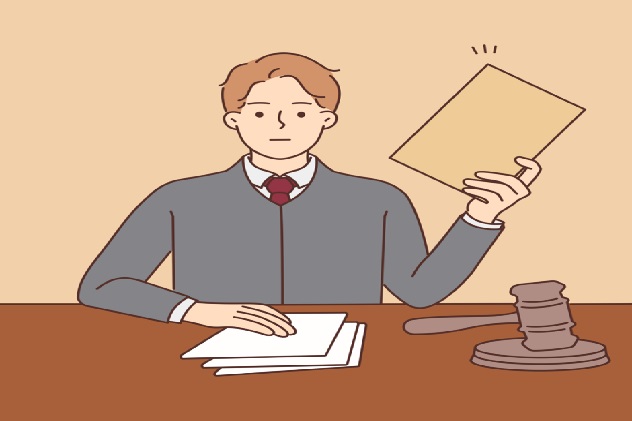Singapore is a prominent centre for business and innovation, rendering it a desirable location for immigrants aspiring to secure long-term residency or citizenship.
Individuals contemplating their future in the city-state must then comprehend the distinctions between Permanent Resident (PR) eligibility and citizenship qualification to ensure a proper approach to each process.
Explore an in-depth comparison of the criteria for eligibility, the advantages, and the application procedures associated with PR and citizenship in Singapore.
Permanent Resident Eligibility
Employment Pass Holders:
- Employment Pass (EP) holders with a stable job history in Singapore.
- Have demonstrated contribution to the economy through professional skills and expertise.
Spouses and Children of Singapore Citizens or PRs:
- Spouses of Singapore citizens or PRs.
- Unmarried children under 21 years old, born to or legally adopted by a Singapore citizen or PR.
Aged Parents of Singapore Citizens:
- Elderly parents of Singapore citizens who wish to live with their children in Singapore.
Students:
- Foreigners studying in Singapore with exceptional academic records.
- Those who have lived in Singapore for an extended period.
Investors:
- Individuals who invest significantly in Singapore’s economy under the Global Investor Programme (GIP).
Application Process:
- Submission of an online application via the Immigration and Checkpoints Authority (ICA) website.
- Required documents include personal identification, proof of employment, educational certificates, and financial statements.
- Processing time typically ranges from four to six months.

Singapore Citizenship Eligibility
PR Status:
- Permanent residents who have lived in Singapore for at least two years.
- Have demonstrated integration into Singapore society and contribution to the community.
Spouses of Singapore Citizens:
- Spouses of Singapore citizens who have been PRs for at least two years.
- Must show evidence of a stable marriage and family life in Singapore.
Children of Singapore Citizens:
- Children born outside Singapore to Singaporean parents.
- Children legally adopted by Singaporean parents.
Investors:
- Significant investors under the GIP who have maintained PR status and continued investment in Singapore’s economy.
Application Process:
- Online submission via the ICA website.
- Required documents include proof of PR status, personal identification, and proof of financial stability.
- A citizenship test and interview may be required to assess the applicant’s knowledge of Singaporean society, culture, and values.
- Processing time ranges from six months to one year.
Primary Differences in Eligibility Criteria
Residency Requirement:
- PR: Generally requires existing EP holders, family ties to citizens or PRs, or significant investment.
- Citizenship: Singapore citizenship eligibility requires PR status for at least two years, additional residency, and integration into Singaporean society.
Investment Requirement:
- PR: Investment under GIP is one of several eligibility categories.
- Citizenship: Primarily builds on PR status; significant investment is considered under GIP continuity.
Family Ties:
- PR: Includes spouses, children, and elderly parents of citizens or PRs.
- Citizenship: Primarily focuses on spouses and children of citizens.
Pros and Cons of PR vs. Citizenship
Permanent Residency:
Pros:
- Flexibility to work and live in Singapore without the need for a visa.
- Access to public housing, education, and healthcare benefits.
Cons:
- Cannot vote in elections.
- Limited to certain public sector jobs and benefits.
Citizenship:
Pros:
- Full rights and privileges, including the right to vote and hold public office.
- Greater job opportunities and access to all public sector benefits.
Cons:
- Needs renunciation of previous citizenship due to Singapore’s single citizenship policy.
- Mandatory national service for male citizens.
Conclusion
Choosing between permanent residency and citizenship in Singapore is contingent upon individual circumstances and long-term goals. While PR has numerous advantages and flexibility, citizenship offers complete integration and rights within Singaporean society. Comprehending the disparities in Singapore PR and citizenship application eligibility, benefits, and responsibilities is necessary to make a well-informed decision regarding your future in Singapore.
Contact Prime Immigration Consultancy and let us provide support to ensure your PR or citizenship application stands out.



















